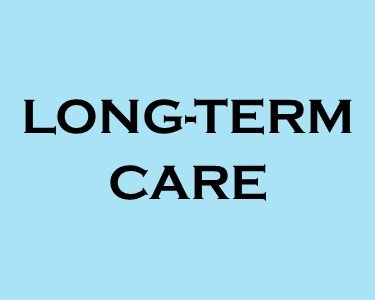Planning for Long-term Care – Not Just for Seniors Anymore
Maybe you are planning for retirement but have you thought about long-term care? Recent studies show that 70% of people over age 65 will need some form of long-term care services. Long-term care (LTC) is becoming an increasing need as life expectancies continue to climb with today’s improvements in healthcare. According to Genworth, a leading provider in LTC insurance, a 60 year old today is projected to incur significant care costs at age 79. Two years of home care in Georgia is projected at $144,433, 3.5 years of assisted living at $209,434 and 3 years in a nursing home at $347,536! Without proper planning or significant savings, these costs can decimate retirement savings and become a financial burden on you, your spouse and family.
With that, traditional LTC insurance has been available for some time now. Most of these policies are purchased later in life once it starts to become recognized how expensive LTC can be. Unfortunately, this type of insurance continues to increase in cost, the premiums go up each year as you age, and if you never use it, or stop making premium payments, the policy simply ends (just like health insurance).
Fortunately there’s a new trend with LTC insurance called asset-based coverage. Asset-based LTC insurance is whole life insurance with an optional LTC rider. This type of policy has guaranteed premiums, a lifetime benefit period, a death benefit, guaranteed cash surrender value, and tax free LTC benefits. The elimination period is even shorter than most traditional LTC policies and if you never use the LTC coverage, you still have a life insurance policy with a guaranteed cash value. Additionally, this type of policy can be purchased from ages 20 to 80, and the sooner you do, the more time the policy has to grow in value. This type of coverage makes an excellent complement to other life insurance policies while providing affordable benefits in later life.
LTC insurance isn’t for everyone so it’s important to work with an experienced professional to evaluate your specific situation. The bottom line is it’s never too early to think about your future care needs and start planning today!







